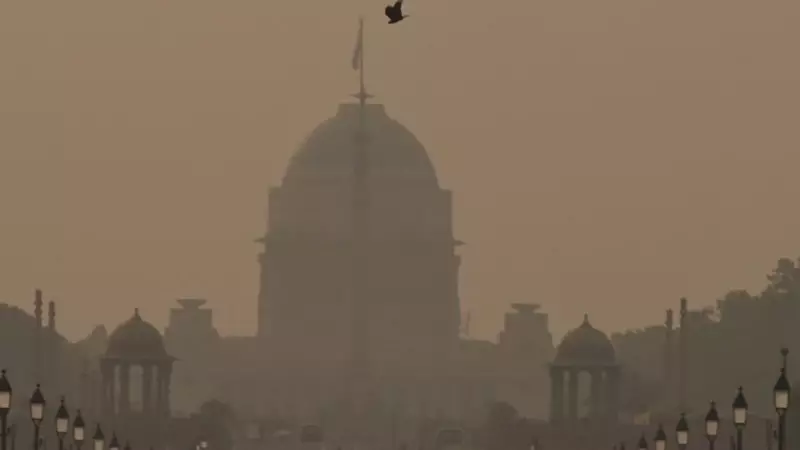
Delhi's worsening air pollution crisis has triggered serious health concerns from one of India's leading medical experts. Dr. Naresh Trehan, renowned cardiologist and chairman of Medanta Hospital, has issued a stark warning about the dangerous health implications of the capital's deteriorating air quality.
Health Emergency Unfolding in Delhi
With Delhi's Air Quality Index (AQI) consistently hovering in the 'severe' to 'hazardous' categories, medical professionals are witnessing a surge in pollution-related health emergencies. Dr. Trehan emphasizes that the current pollution levels aren't just causing minor discomfort but are actively triggering life-threatening conditions.
Direct Link to Cardiovascular Crises
"What many people don't realize is that high pollution levels can directly trigger heart attacks," Dr. Trehan stated. "The fine particulate matter penetrates deep into our bloodstream, causing inflammation and increasing the risk of blood clots that can lead to cardiac events."
The medical expert explained that pollution affects not only those with pre-existing conditions but also otherwise healthy individuals who are exposed to toxic air for extended periods.
Respiratory System Under Siege
Beyond cardiovascular risks, the pollution crisis is overwhelming Delhi's respiratory health infrastructure. Hospitals are reporting increased cases of:
- Severe asthma attacks
- Chronic bronchitis flare-ups
- Persistent coughing and wheezing
- Breathing difficulties requiring emergency care
- Lung inflammation and reduced lung function
Most Vulnerable Populations
Dr. Trehan identified several groups at particularly high risk during this pollution crisis:
- Elderly citizens with compromised immune systems
- Children whose lungs are still developing
- Pregnant women and their unborn children
- Outdoor workers with prolonged exposure
- People with pre-existing heart or lung conditions
Immediate Protective Measures Recommended
While long-term solutions are essential, Dr. Trehan recommends immediate protective steps:
- Wear N95 or N99 masks when outdoors
- Limit outdoor activities, especially during peak pollution hours
- Use air purifiers indoors
- Keep windows closed during high pollution periods
- Stay hydrated to help flush out toxins
- Seek medical attention immediately for breathing difficulties or chest pain
The healthcare veteran stressed that this isn't just an environmental issue but a public health emergency requiring urgent attention from both authorities and citizens. As Delhi continues to grapple with toxic air, medical experts warn that the health consequences could have long-lasting effects on the population's wellbeing.





